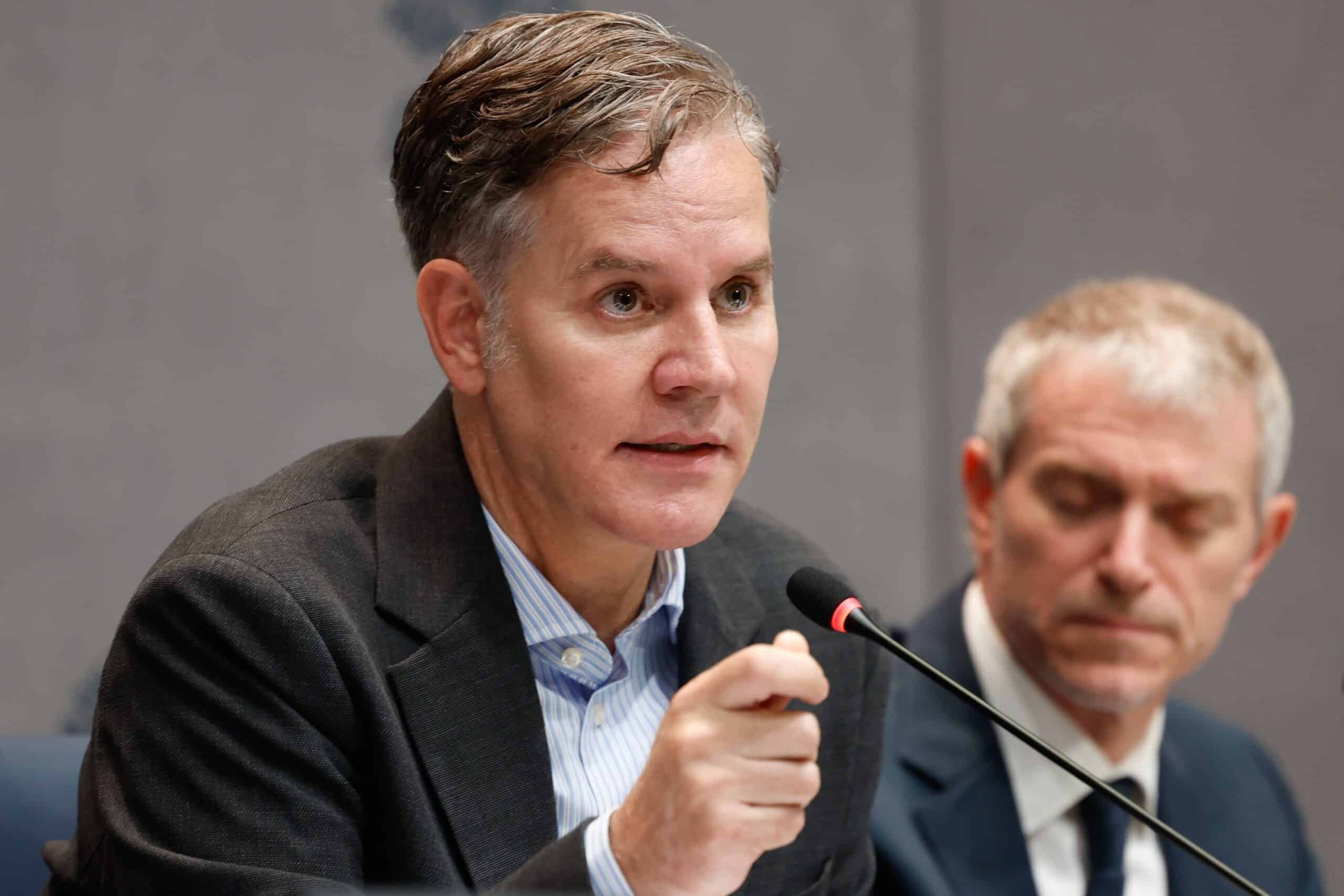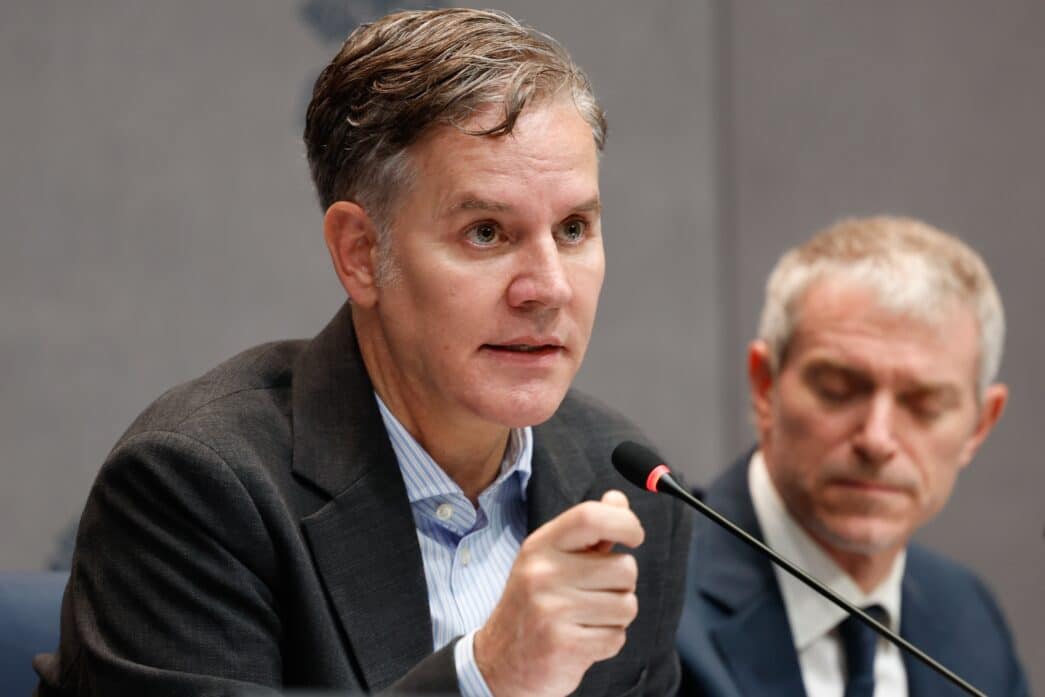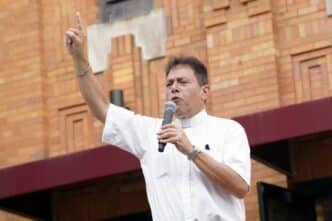A watchdog group in the U.S. is applauding calls to make “zero tolerance” for clerical abuse the rule for the worldwide Catholic Church.
“The Vatican approved this norm once; they can do it again, this time for every country,” said Anne Barrett Doyle, co-director of BishopAccountability.org, in a statement released Nov. 18.
Earlier that day, safeguarding experts released a joint proposal in Rome advocating a change in church law that would extend the U.S. Conference of Catholic Bishops’ protocol of permanently removing from ministry credibly accused priests or deacons. The norm, established in 2002 alongside the USCCB’s “Charter for the Protection of Children and Young People” with the Vatican’s permission, at present only applies to the Catholic Church in the U.S.
The proposal to extend the norm through a change in canon law was co-authored by members of the Institute of Anthropology at the Pontifical Gregorian University and Ending Clergy Abuse, a global human rights organization based in Seattle.
A moral imperative
Jesuit Father Hans Zollner, the founder and director of institute, and a former member of the Pontifical Commission for the Protection of Minors, said in a Nov. 18 press release regarding the proposal that “safeguarding is not just a legal or organizational matter — it is a moral and spiritual imperative.”
“Only by confronting the past openly and taking decisive action can we begin to rebuild the trust that has been so severely broken,” he said.
The proposal was drafted by survivors, clergy, advocates, theologians, legal experts and government representatives. It included a number of reforms in addition to the “zero tolerance” rule.
Among those other provisions were the establishment of an independent agency to investigate church superiors’ handling of abuse cases, a mandate for full transparency throughout the investigation process, and strict penalties for bishops and church officials who fail to implement safeguards or who shield abusers.
The proposal was publicized ahead of World Day for the Prevention of Child Abuse, observed annually Nov. 19.
Extending zero tolerance
Barrett Doyle — whose Massachusetts-based, independent nonprofit serves as a clearinghouse for information on abuse in the U.S. Catholic Church — said that without a universal “zero tolerance” norm, “credibly accused child-molesting clerics are put back on the job, often with no warning to unsuspecting parents and parishioners.”
She said the norm is also crucial to eradicating what her organization’s news release called a “two-tier system for abusive clergy.”
“By allowing just one country to have a ‘one strike and you’re out’ rule, the Pope in effect is saying that the Church values the safety of children in the U.S. more than that of children in Mexico, the Philippines, the Congo, and elsewhere,” she said. “This is institutionalized discrimination, plain and simple.”
Barrett Doyle said, however, that “the U.S. church’s rule is weak and sporadically enforced,” since “it removes a priest from ministry only after he is convicted under canon law, and that’s a high bar to clear, because canon law is heavily biased in favor of the accused.”
Despite those defects, she said, the norm and its proposed extension mark “a small, sensible step forward, and children around the world will be safer because of it.”








